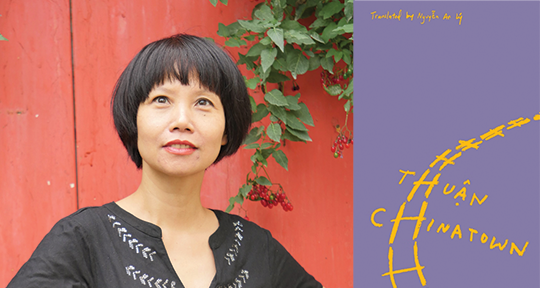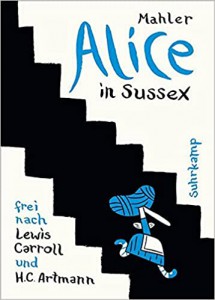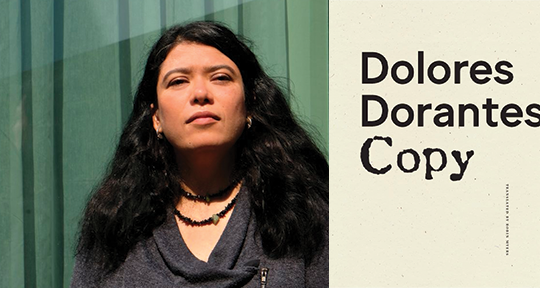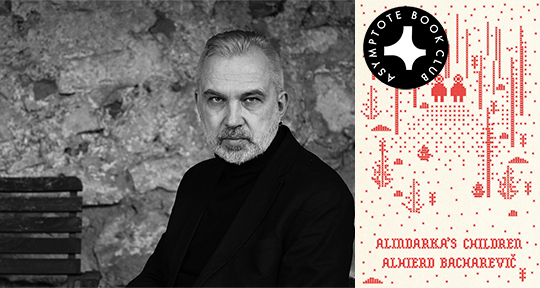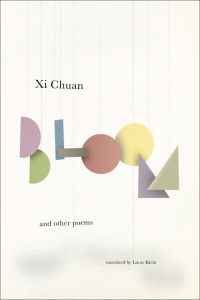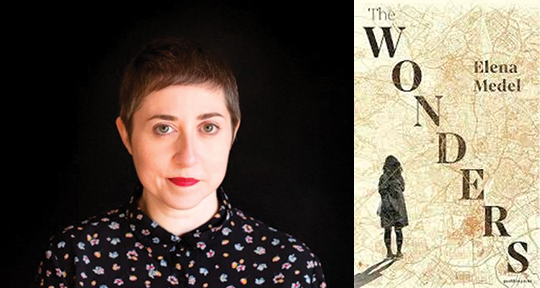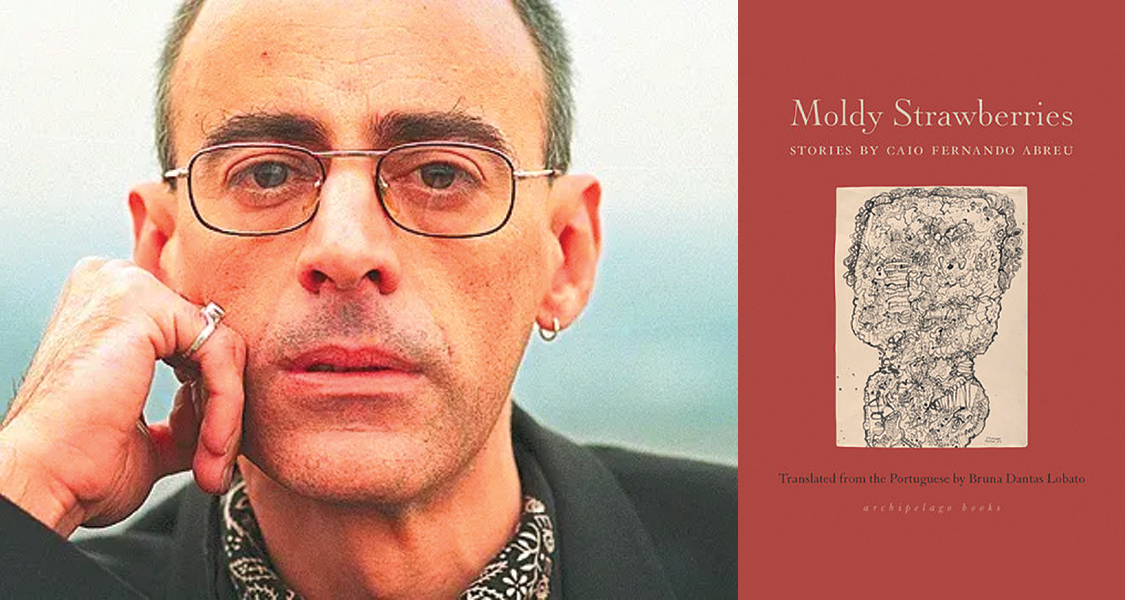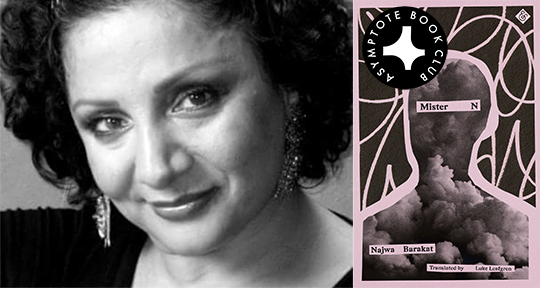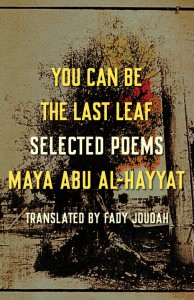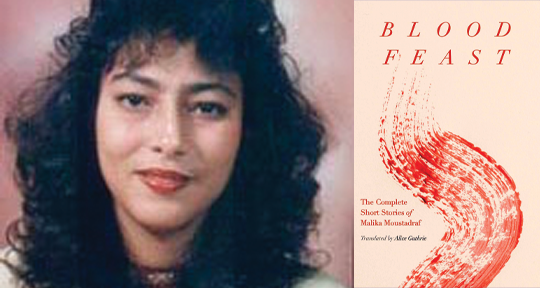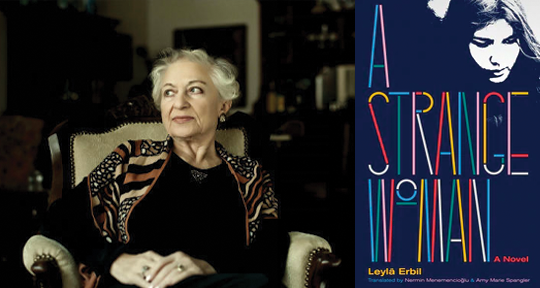Chinatown by Thuận, translated from the Vietnamese by Nguyễn An Lý, New Directions, 2022
In an interview with Italian journalist Leopoldina Pallotta della Torre in 1989, Marguerite Duras revealed she had chosen the rather nondescript title of The Lover (L’Amant), her celebrated novel about a love affair between a fifteen-year-old French girl and a Chinese man in French Indochina, as “a reaction against all the books with that same title, [for] it isn’t a story about love, but about everything in passion that remains suspended and incapable of being named.”
In employing Chinatown as an equally unassuming yet versatile title for her 2005 novel, Thuận responds incisively to the Duras’s work from which she took inspiration by showcasing her pair of star-crossed lovers—an unnamed Vietnamese protagonist and Thụy, her ex-husband who is born in Vietnam but has Chinese ancestry. A Hanoi-born writer and literary translator living in France but choosing to write her novels—ten at last count—in Vietnamese, Thuận (full name Đoàn Ánh Thuận) deftly balances her complex content with a wryly confiding style. Making its English debut via Nguyễn An Lý’s incantatory translation, Chinatown’s generic title is deceptive, its compact length trapping layers of tensions to illustrate how political struggles in the public realm mirror emotional struggles in personal relationships. Subversive yet casually framed like a run-on conversation between friends, Thuận’s novel explores various iterations of Chinatown to convey exile, alienation, oppression, and artistic freedom.
Consisting of one vertiginous 184-page paragraph, the novel is compressed within a two-hour timeline during which the protagonist and her young son are trapped in a Paris metro tunnel while local authorities investigate a bomb threat. With nowhere to go, the protagonist soon launches into reminiscences spanning two eventful decades—from the last years of the Cold War to the period following Vietnam’s implementation of free-market reforms. As such, the novel is simultaneously expansive and claustrophobic, its experimental form disrupted only by two fragments from I’m Yellow, a novel-in-progress by Chinatown’s protagonist. This novel-within-a-novel structure embodies the ambiguous push-pull between oppression and freedom: Thuận’s protagonist roams ceaselessly yet neurotically in her imagination even as the main action is confined in both time and space.

